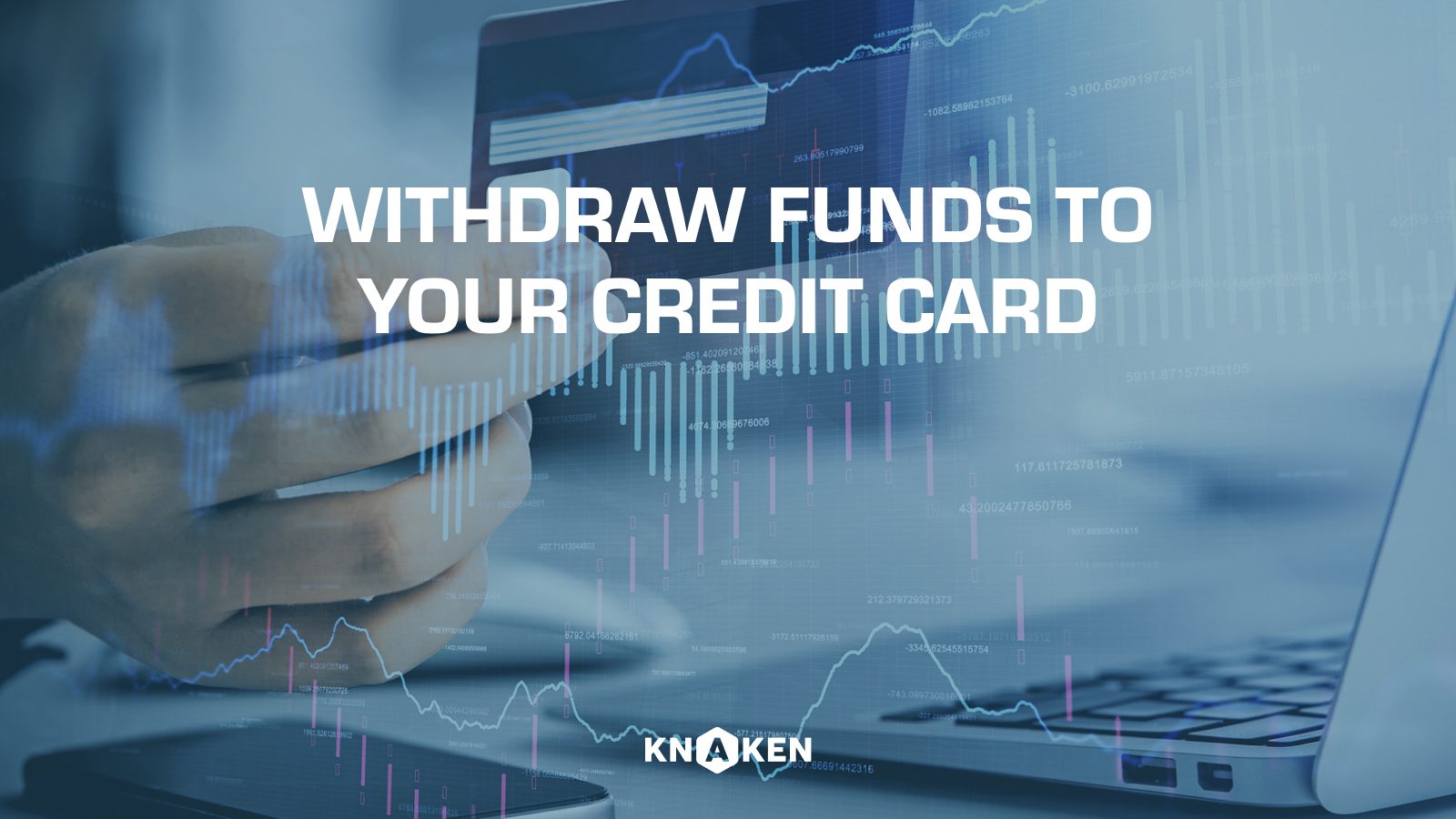Satoshis, commonly referred to as SATS, are the smallest unit of Bitcoin (BTC), representing a fractional amount of the currency. Named after Bitcoin’s pseudonymous creator, Satoshi Nakamoto, one satoshi is equivalent to 0.00000001 BTC. The concept of SATS is significant for a variety of reasons, including improving transaction efficiency and providing a clearer understanding of Bitcoin’s value proposition for everyday users.
Satoshis play a critical role in the adoption and usability of Bitcoin. The increased accessibility afforded by SATS allows for more granular transactions. Some key reasons why the understanding of SATS is paramount in the crypto universe include:
The relationship between Bitcoin and Satoshis is fundamental to understanding how Bitcoin operates as a currency. Each Bitcoin consists of 100 million Satoshis (1 BTC = 100,000,000 SATS). This division allows for transactions of any size, from large-scale investments to everyday purchases. Understanding this ratio is important for the following reasons:
Using SATS instead of BTC can significantly alter the user experience in the cryptocurrency space. Here are some practical applications:
As Bitcoin continues to gain acceptance across various sectors, the role of SATS is expected to grow. Some expected trends and innovations include:
In summary, Satoshis (SATS) are integral to the understanding and functionality of Bitcoin, allowing for increased divisibility and accessibility in the cryptocurrency market. By promoting transactions in SATS, we can enhance the user experience, encourage adoption, and pave the way for Bitcoin’s future as a mainstream asset. Understanding SATS is essential for anyone looking to navigate the complex landscape of cryptocurrency effectively.



Knaken Cryptohandel B.V. has applied for a MiCA license from the Netherlands Authority for the Financial Markets (AFM). This application is currently being assessed by the AFM.
Investing in crypto-related products involves significant risks.















